Are you someone who dreams about their next vacation soon after returning from their last one? Whether you’re interested in exploring new cities, relaxing on beaches, or spending time with family at a lakeside cabin, you can still travel frequently without becoming a millionaire.
The key to traveling more often is to spend less on each trip, allowing you to stretch your vacation budget and plan for more trips in a year. By planning ahead, researching your options, taking advantage of deals, and timing your travels strategically, you can get the most out of your vacation budget.
Whether you’re planning a road trip or a flight, these simple tips for frugal travel can help you get out of town more often.
1. Make a Budget

While it may sound like a cliché, setting and sticking to a budget is the best way to start saving for travel.
Begin by listing all your monthly recurring expenses such as rent, utilities, and cell phone bills, then allocate funds for groceries, dinners, and other entertainment expenses.
If you exceed your budget before the end of the month, you’ll have to forego activities such as happy hour or sales at Target until the following month. By setting and sticking to a budget, you’ll stay accountable and continue to save money each month for your vacation.
2. Get organized in advance
To save money while traveling, it’s important to avoid purchasing flights, accommodations, and transportation at the last minute, as it can seriously deplete your travel budget. One of the best budget travel tips is to book everything ahead of time and online.
Most airlines offer flights at more affordable prices months before the departure date. It’s recommended to plan and book your trip at least three months in advance to take advantage of the best deals.
Planning your trip ahead of time not only helps you keep your travel expenses low but also gives you more time to plan activities, routes, and other details for your trip. Additionally, it allows you to get all of the big costs out of the way and start saving for your next adventure.

3. Eat like a local
Experiencing local cuisine is one of the highlights of visiting a new country. From fresh fruits to spicy dishes and delicious street food, a new destination can offer a range of exciting flavors.
Traveling on a budget doesn’t have to mean missing out on these tasty treats. To save money on food while still indulging in delicious dishes, it’s best to eat like a local. This involves venturing beyond the tourist areas, asking for recommendations from locals, and trying traditional dishes.
Not only can eating like a local help you save money, but it can also lead you to discover new and exciting meals that you may not have otherwise tried. So, don’t be afraid to step outside your comfort zone and explore the local food scene on your next trip!
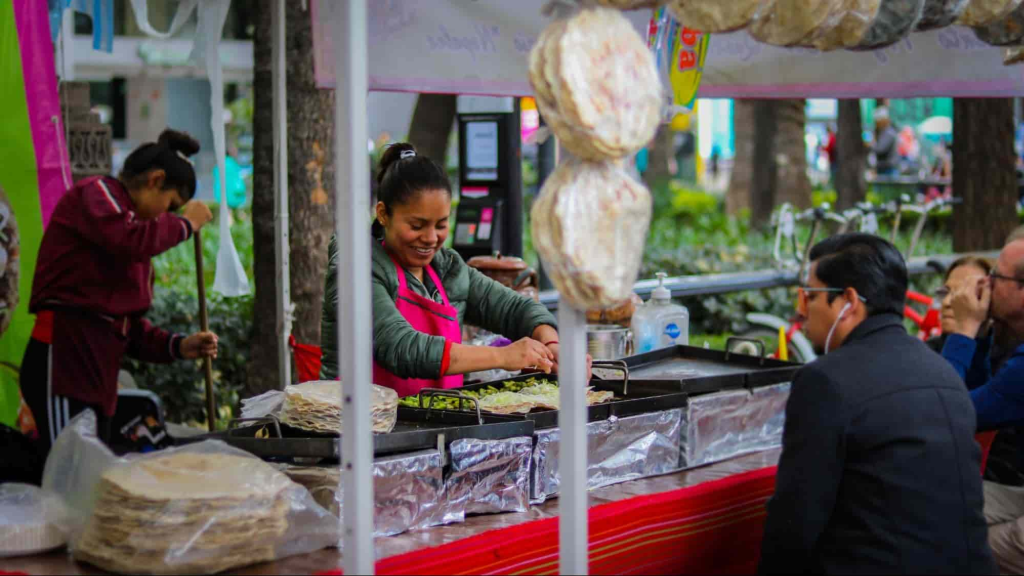
4. Buy a local SIM card
To avoid high phone bills while traveling, it’s advisable to avoid using data roaming and WiFi. Instead, upon arrival at your destination, consider buying a local SIM card that provides inexpensive data and calling options.
Staying connected with family and friends is crucial when traveling, and choosing a locally-priced SIM card can help you achieve that without spending too much money. By purchasing a local SIM card, you can easily stay in touch with your loved ones and enjoy the benefits of being connected while exploring a new place.

5. Explore Your Destination During the Off-Season for Budget-Friendly Travel

To save money while traveling, consider planning your trip during the off-season when airlines and hotels often offer discounted prices. Many vacation destinations have non-peak travel dates when prices are considerably lower.
For example, Florida’s off-season is between July and August, which may seem counterintuitive since it’s known as the Sunshine State. However, the main tourist season runs from December to April, so visiting during the extra-hot summer months can save you a lot of money if you can handle the heat and humidity. On the other hand, Myrtle Beach, a popular South Carolina beach town, has peak season during summer, so rates drop significantly during the winter months.
When identifying off-season times, make sure the destination is safe during that time of the year. Avoid traveling to places prone to hurricanes or sandstorms just because it’s cheaper. Although it may require a bit of research, it’s definitely worth the effort to save money and still have a safe and enjoyable trip.
6. Ditch the luggage and travel light
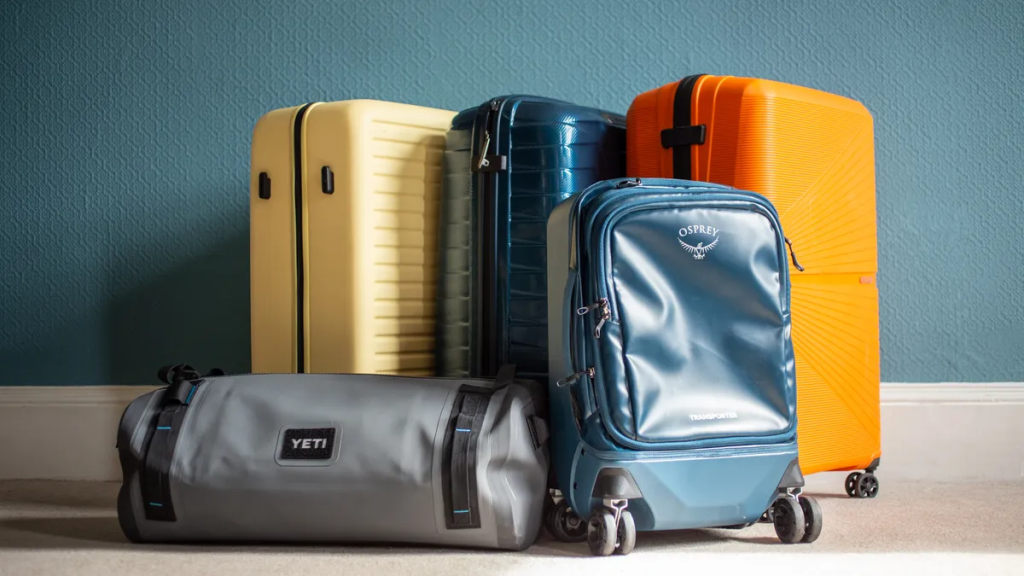
To travel on a budget, a great tip is to pack light and reduce your luggage expenses. Invest in a backpack, bring only the essentials, and choose layered clothing instead of bulky items. This not only saves money but also enables you to move around more efficiently.
Airlines tend to impose additional fees for heavy baggage, so it’s best to plan ahead and avoid unnecessary costs. While you can find cheap flights in places like Europe, budget airlines such as Vueling, Aegean, Volotea, and Eurowings are known for their excessive fees and surcharges.
Traveling with a backpack or cabin luggage allows you to keep your belongings with you and reduces the likelihood of losing them. Moreover, you can navigate through crowded situations more easily.
7. Apply for a Credit Card with Cash Back
A few years ago, I recommended only using a debit card and avoiding credit cards altogether.
However, nowadays there are so many credit cards that offer fantastic benefits that it would be a missed opportunity not to take advantage of them. It’s crucial to ensure that you pay off your credit card balance every month to avoid any interest charges.
Personally, I prefer cashback credit cards because I find mileage programs to be complex, and cashback rewards offer greater flexibility in how I spend the rewards.
The Chase Sapphire Preferred Card is our favorite credit card because it offers 1% cashback on all purchases and double cashback rewards on travel-related purchases, such as flights, hotels, and food.
We redeem the cashback rewards every few months, and the card has no foreign transaction fees, making it an excellent choice for international travel.
8. Don’t overlook the importance of travel insurance
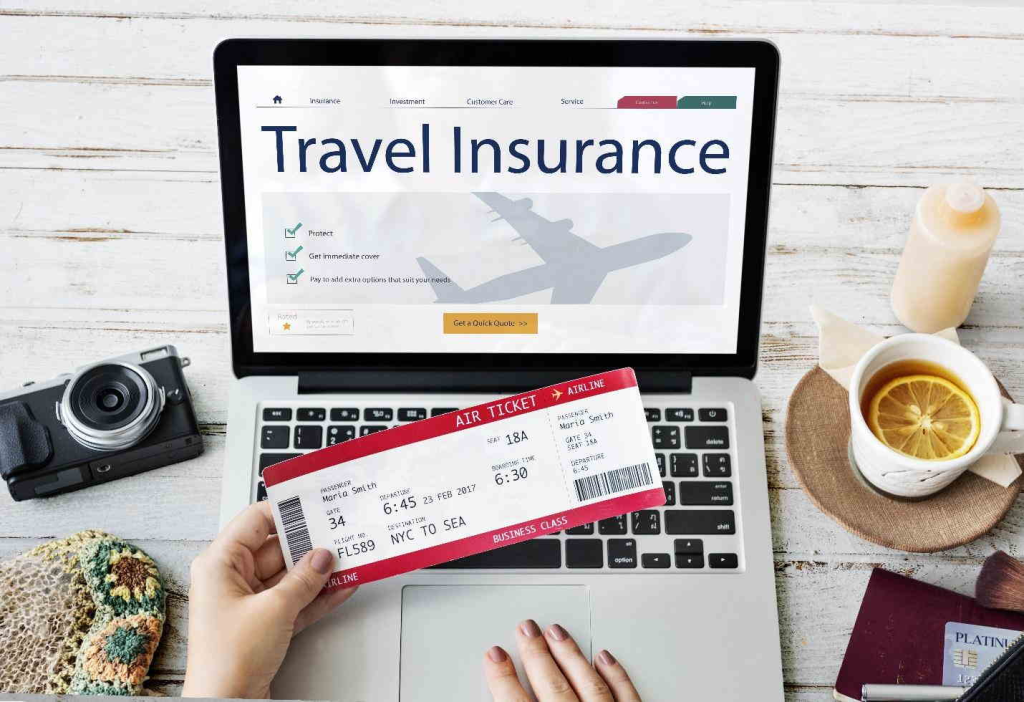
It’s easy to underestimate the importance of travel insurance. Although the cost may seem high, investing in insurance can be a lifesaver in case of unexpected emergencies. When traveling, it’s always better to be prepared for mishaps such as lost or stolen luggage, canceled flights, or adventure accidents.
If you’re a budget-conscious traveler, make sure to allocate some funds for travel insurance. It’s a small price to pay for the peace of mind knowing that you’re covered in case of any unforeseen circumstances.
9. Avoid hotels and opt for hostels

For budget-conscious travelers, skip the expensive hotels and opt for a hostel instead. While you’ll be sharing a room with other travelers, the cost savings can be substantial.
To make the most of your hostel stay, pack a towel, toiletries, snacks, and other essentials that aren’t usually provided. This can help you save on extra amenities fees.
In addition to being a cost-effective option, hostels also provide opportunities to meet and socialize with fellow travelers. By striking up conversations and enjoying a communal experience, you may even be able to split the costs of activities or transportation with your new friends.
10. Use public transportation
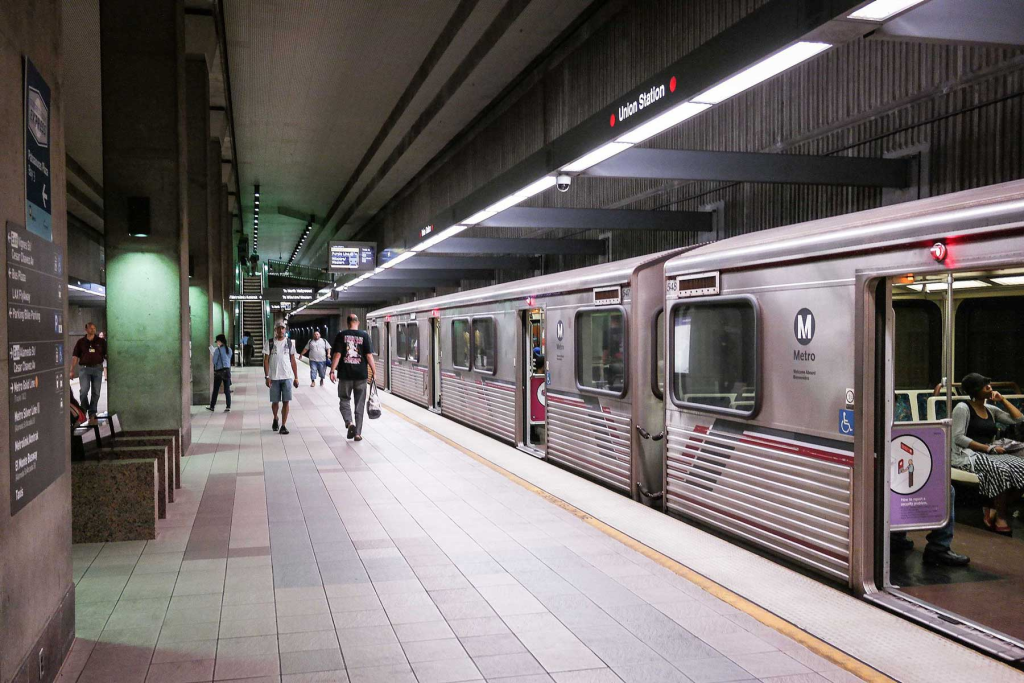
Traveling in 90-degree heat with heavy baggage is far from glamorous. However, if it can help you save some extra cash, then it’s worth considering. If you’re looking for ways to travel on a budget, ditching the taxis and opting for public transport is a great option.
Buses, trams, trains, and car-sharing are going to be your new go-to modes of transportation. While it may not be the most luxurious way to travel, it’s definitely cost-effective. And after all, budget travel is all about making the most of what you have!
11. Book flights at the right time.

Timing is key when it comes to booking flights and saving money, and travel sites can help you find the best deals. A recent study by Cheapair.com found that the best time to book a flight is between 1.5 months and 5.5 months before your travel dates.
By booking during this prime window, you can save a significant amount of money.
Additionally, the study found that the day you book your flight doesn’t matter as much as the days you choose to travel.
Flying on Wednesdays was the cheapest option, with an average savings of $100, followed by Tuesdays and Saturdays. To save money, avoid booking flights on Sundays and Fridays.

























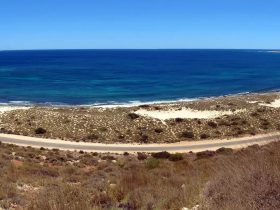

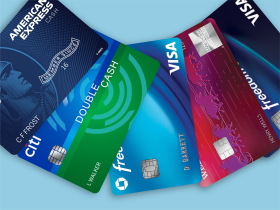



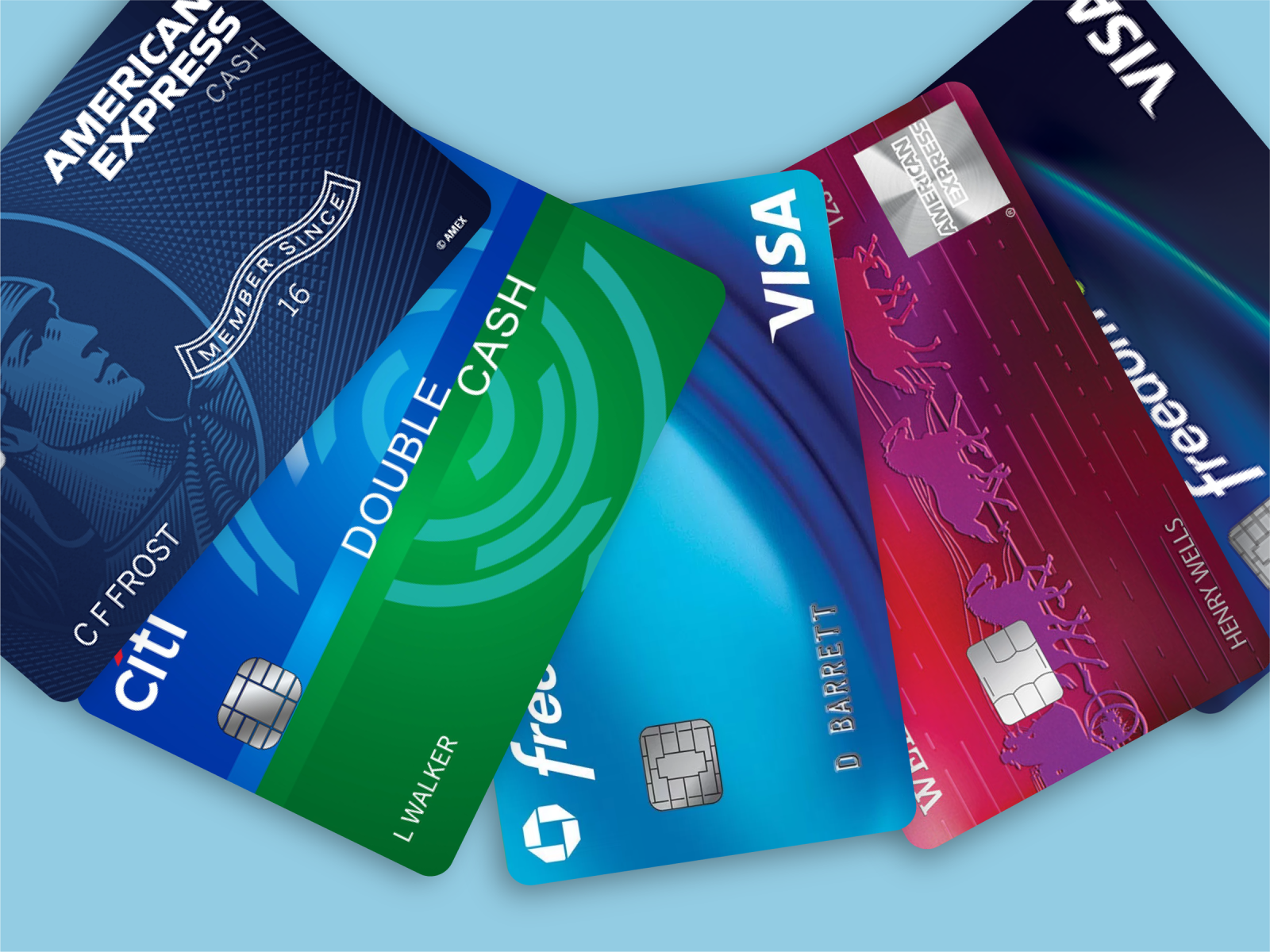
Leave a Reply